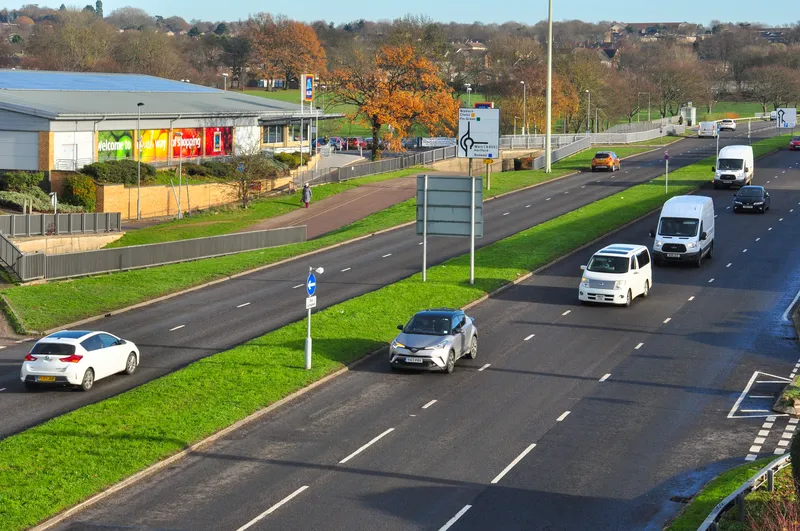The first of Parsons Brinckerhoff’s regional seminars on how the UK should deliver whole-life asset management of its highways will held in Newcastle today, 23 October.
The seminars, called Cracking up or Cracking on, are being run in association with the Chartered Institution of Highways and Transportation (CIHT), whose president, . David Gibby, will introduce the event.
The cost of maintaining the country’s roads is constantly under pressure from growing demand on the system and increasingly common extr
October 22, 2014
Read time: 2 mins
The first of 2693 Parsons Brinckerhoff’s regional seminars on how the UK should deliver whole-life asset management of its highways will held in Newcastle today, 23 October.
The seminars, called Cracking up or Cracking on, are being run in association with the Chartered Institution of Highways and Transportation (CIHT), whose president, . David Gibby, will introduce the event.
The cost of maintaining the country’s roads is constantly under pressure from growing demand on the system and increasingly common extreme weather events.
Additionally, the network suffers from a growing maintenance backlog that runs into the tens of billions of pounds and is only made worse by the pressures of austerity.
The seminar will consider how the strongly competing demands on budget and the challenges of annualised funding impact the planning of effective long-term maintenance. How can practices be more efficient, changes made to mind-sets and asset deterioration be prevented, while adding value and resilience without adding costs?
“Over recent years we have seen the UK highways industry increasingly adopt a more systematic approach to the management of this hugely valuable national asset,” said keynote speaker James Elliott, UK head of asset management at Parsons Brinckerhoff.
“We have seen the development of new standards and practices, including the internationally recognised PAS 55 BSI standard, and more recently the development led by the UK’s Institute of Asset Management, of a new international ‘benchmark’ – ISO 55000 - for the recognition of good asset management practice.”
Other keynote speakers will be John Reed, head of technical services at1284 Durham County Council and Neil Eglintine, contract manager at Newcastle City Council.
The seminars, called Cracking up or Cracking on, are being run in association with the Chartered Institution of Highways and Transportation (CIHT), whose president, . David Gibby, will introduce the event.
The cost of maintaining the country’s roads is constantly under pressure from growing demand on the system and increasingly common extreme weather events.
Additionally, the network suffers from a growing maintenance backlog that runs into the tens of billions of pounds and is only made worse by the pressures of austerity.
The seminar will consider how the strongly competing demands on budget and the challenges of annualised funding impact the planning of effective long-term maintenance. How can practices be more efficient, changes made to mind-sets and asset deterioration be prevented, while adding value and resilience without adding costs?
“Over recent years we have seen the UK highways industry increasingly adopt a more systematic approach to the management of this hugely valuable national asset,” said keynote speaker James Elliott, UK head of asset management at Parsons Brinckerhoff.
“We have seen the development of new standards and practices, including the internationally recognised PAS 55 BSI standard, and more recently the development led by the UK’s Institute of Asset Management, of a new international ‘benchmark’ – ISO 55000 - for the recognition of good asset management practice.”
Other keynote speakers will be John Reed, head of technical services at









